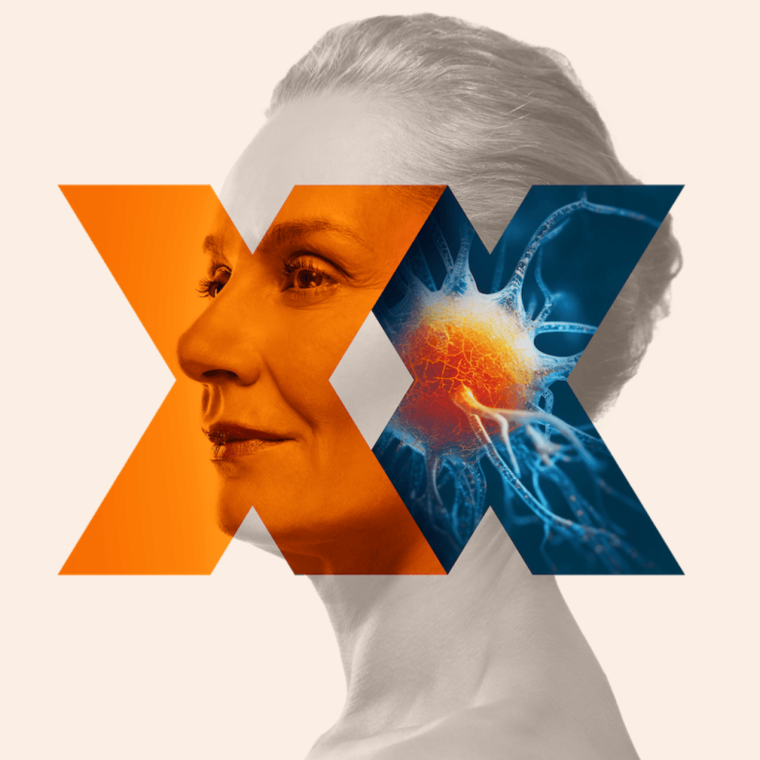Menopause is a health inflection point that may shape a person's longterm health outcomes. Yet it remains one of the unexplored frontiers of biomedical research.
Overview
The mission of the Longitudinal Menopause Project is to generate one of the most detailed examinations of brain health and menopause in the US to date. The project, now in its planning phase, will follow women extensively across the menopausal transition, pairing brain, biofluid, cognitive, and health data.
How
The Longitudinal Menopause Project (and its precision imaging sister study, the Menopause Scan Club) harnesses expertise across fields to generate a multi-dimensional view of brain health during the menopause transition. The project combines multi-omic phenotyping, advanced neuroimaging techniques, neuropsychological and neurological assessments, and digital and wearable technologies, supported by recruitment strategies that ensure broad representation.

What Next
The Longitudinal Menopause Project is launching with foundational support from the WBHI, National Institutes of Health, and Wellcome Leap, with an eye towards decades of high impact research. The discoveries generated from this moonshot study of menopause is poised to optimize clinical decision-making and neurological disease prevention for women worldwide.
LMP Roadmap
- Establish a flagship study of the menopause transition and its implications for brain health in the United States that will result in high impact innovation for the scientific field for decades to come.
- Develop fast-track translation of experimental and medical findings to directly impact the community.
- Create a shared open science resource for the global scientific community to accelerate the pace of discovery.
- Translate findings into policy that ensures high quality, evidenced-based care for women.
Team
In the News
Media links and key publications
Stay tuned for publications related to this project.
Explore our publications to learn more about the discoveries emerging from our research. Visit our Study Resources page for information on accessing data, collaborating, or joining our scientific community. If you're interested in contributing to science firsthand, find out how to participate in research and help advance women's brain health.








